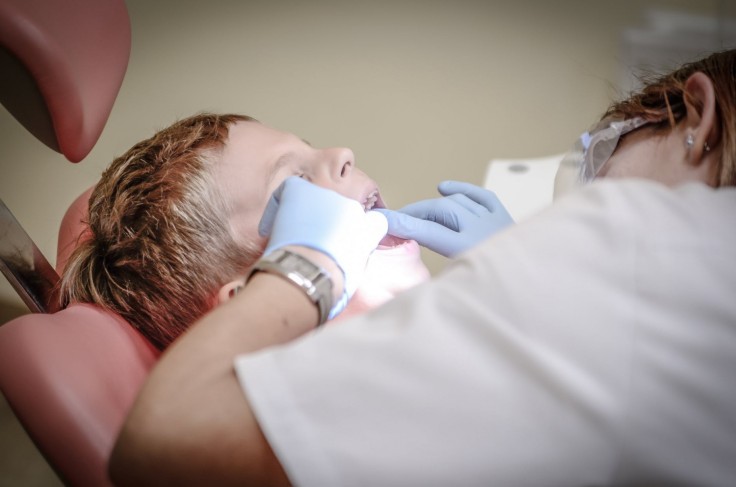
It is a normal process for teenagers and young adults to get their wisdom teeth removed. In fact, around 5 million teens and young adults undergo this procedure in America alone. However, a recent study published in the journal JAMA Internal Medicine showed the link between wisdom teeth extraction and opioid addiction among teenagers.
In 2017, it was reported that more than 70,000 people died of a drug overdose in America and the main culprit was opioid usage. The CDCP or the Centers for Disease Control and Prevention stated that the addiction to the certain drug may have started after they were prescribed to take opioids to ease the pain of the procedure. Unfortunately, not all were able to break the habit and continued to use the drug, becoming too dependent on it.
What are opioids?
Opioids are a group of drugs that are meant to relieve pain, they interact with the opioid receptor of your cell, making you feel numb and "high" enough to not feel any physical discomfort. Most users of the drug said that they feel like they were floating and they feel a sudden burst of happiness after taking opioids. This "good feeling" that they experience is the reason why some get hooked on it, plus the fact that it can be easily bought.
What makes opioids dangerous is that when it is taken on high doses, it can slow your heart rate and your breathing. Those who still want to experience the pleasures of taking opioids increases the doses on their own, to the point that it becomes fatal.
Connection to the wisdom teeth
Wisdom teeth need to be extracted because it can cause tremendous discomfort if it is left in its place. Wisdom teeth extraction is a short procedure, and even though it may cause severe pain and swelling afterward, the healing only takes a few days. The opioid prescription that teens get after the procedure are Tylenol, Vicodin, and Percocet, but do they really need all of them?
A study in 2016 showed that after taking the pain relievers for three weeks, almost half of the pills were unused. The researchers stated that opioid addiction starts with overprescribing, and each year 100 million extra opioid pills remain in the medicine cabinets, ready to be taken anytime, even when not needed.
The dangers of leftover pills
A study from Stanford University stated that teenagers still take opioids even if they no longer need them, and once all the pills run out, they go looking for more. In 2015, around 15,000 teens were prescribed with opioids and 7% of them asked for additional prescription within the year, while 6% were diagnosed with opioid abuse.
Research also suggests that the brains of teenagers are still developing, thus making them more vulnerable to addiction. The sensation that if felt when taking opioids may be higher for teens because they are experiencing it the first time and their curiosity level is also higher than adults, this makes them increase the doses more. If this behavior continues and if it is not treated immediately, it can disrupt their brain development, it can lead to drug dependence and drug abuse disorder or worse it can lead to an early death.
ALSO READ: What Parents Need To Know About Discussing Opioid With Kids